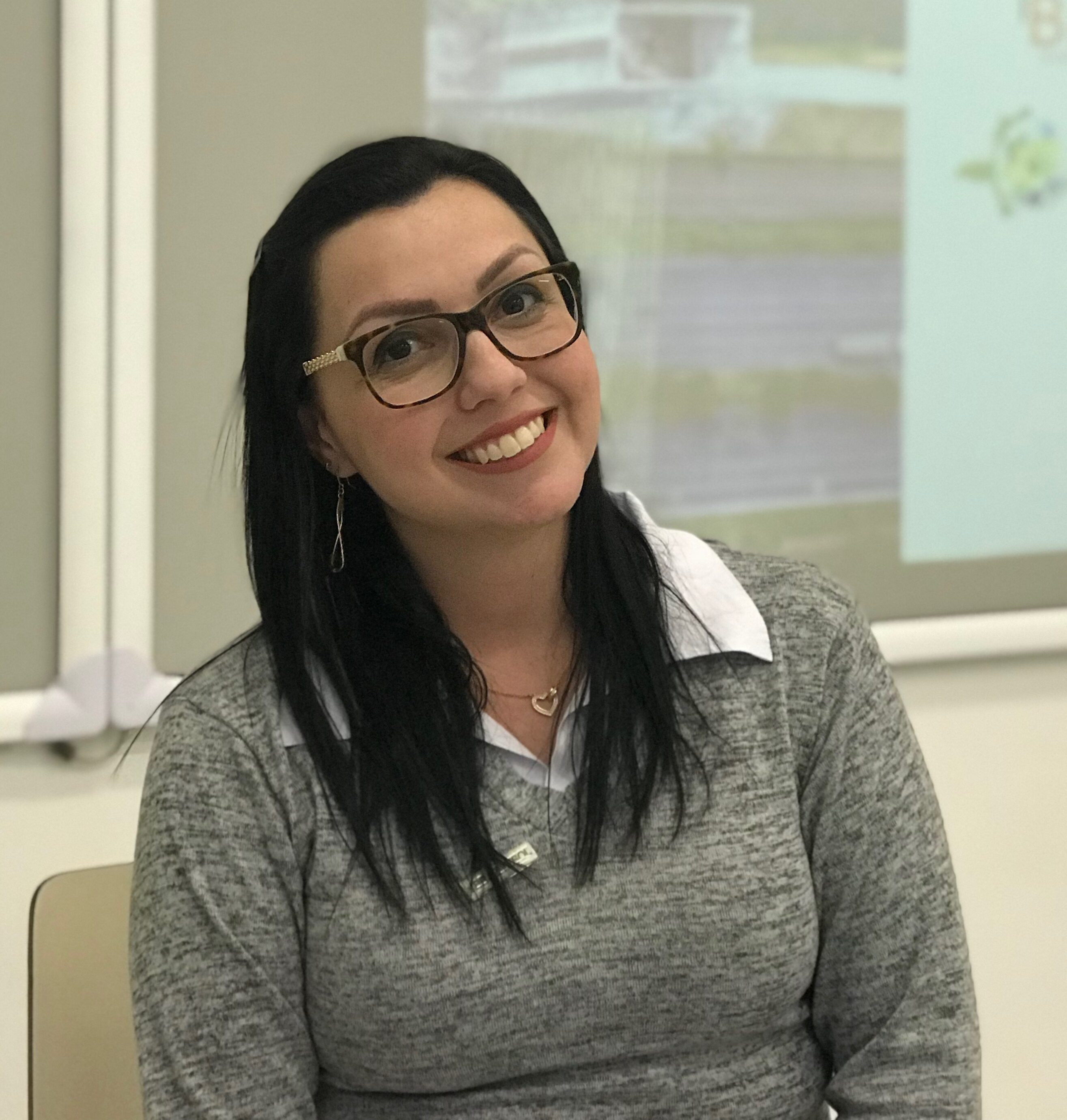A great place to learn: the staff room
Many of us made great friends in the staff room, bonding with peers on a regular basis, sharing a variety of moments when we spend most of the day in the school. The environment is usually where teachers keep their materials, books and where many of us have our snacks and coffee. An informal professional room where teachers are free to choose what to focus on and talk about. In this post I propose we discuss ideas of how the time in the staff room can be used for teachers to learn and develop professionally.
In order to make learners’ experiences with language learning more meaningful and effective, teachers need to be in constant professional growth, keeping abreast of the latest approaches, learners’ needs, the changes in this evermoving world. This possibly means that great teachers are frequently involved in formal learning contexts, taking online or face-to-face courses, doing research and participating in conferences and seminars. Research (e.g. Jurasaite-Harbison & Rex, 2010) shows that both formal and informal learning moments are important for professional growth. Apart from that, many professionals have discussed the importance of motivation and affective needs for better learning (e.g. Arnold, 1999).
The staff room can be an informal (not planned, not guided, based on teachers’ immediate needs and wants in this case) and motivational environment for professional development. It is entirely dependent on the teachers – otherwise we run the risk of systematising and formalising what is meant to be different – and here are some suggestions of what you can do if you want to make the most of your time (however much you have) in the staff room:
- Listen to your peers talking about their lessons and learners. It is inspiring to pick up things about teaching from our colleagues’ discourse when talking about the classroom;
- Talk about what you have just done in class. Not only can you inspire your peers, but you might also be showered with different ideas that may help you with learners’ emergent needs when you teach the lesson again;
- Discuss cultural events you and/ or your peers have been to. It helps increase everyone’s repertoire, what impacts how we encourage learners when they also contribute with diverse choices people make in this regard;
- Share an activity that you have planned and welcome your peers’ suggestions of improvement. You will also be giving them different ideas for the classroom. A diverse staff room will have a plethora of ideas that may positively affect learners with a varied lesson if we experiment with something new to our teaching;
- Open random books in the staff room and… Well, that will depend on the book picked. You could have fun with new words, learn something about teaching, culture, have ideas from what you see on the pages. The idea is to allow the relaxation time to provoke imagination collaboratively;
- Ask for suggestions about a lesson, how to approach a learner and be open to a variety of answers that may help you address the issue. Together with peers you may find unimaginable solutions and feel refreshed to go back to the classroom;
- Question a belief, a task and open a discussion with your peers. There isn’t a final correct conclusion, you will possibly have more questions than answers. However, looking at things we do from different perspectives helps us develop a more empathetic posture and, perhaps, motivates us to go deeper in research;
- Practice speaking English. The classroom is our learners’ chance to practice and develop language skills. For us, language development and practice happen elsewhere. Depending on where you live and what is your first language, the staff room is a great opportunity to practice the language to chat about just anything, with no agenda.
What do you usually do to enjoy your time in the staff room? I would love to hear your thoughts.
References
Arnold, J. (1999) Affect in Language Learning. Cambridge: Cambridge University Press.
Jurasaite-Harbison, E. and Rex, L. R. (2010) ‘School cultures as contexts for informal teacher learning’ In Teacher and Teacher Education, Vol. 26, Issue 2, February 2010, pp. 267-277. Available at https://doi.org/10.1016/j.tate.2009.03.012




